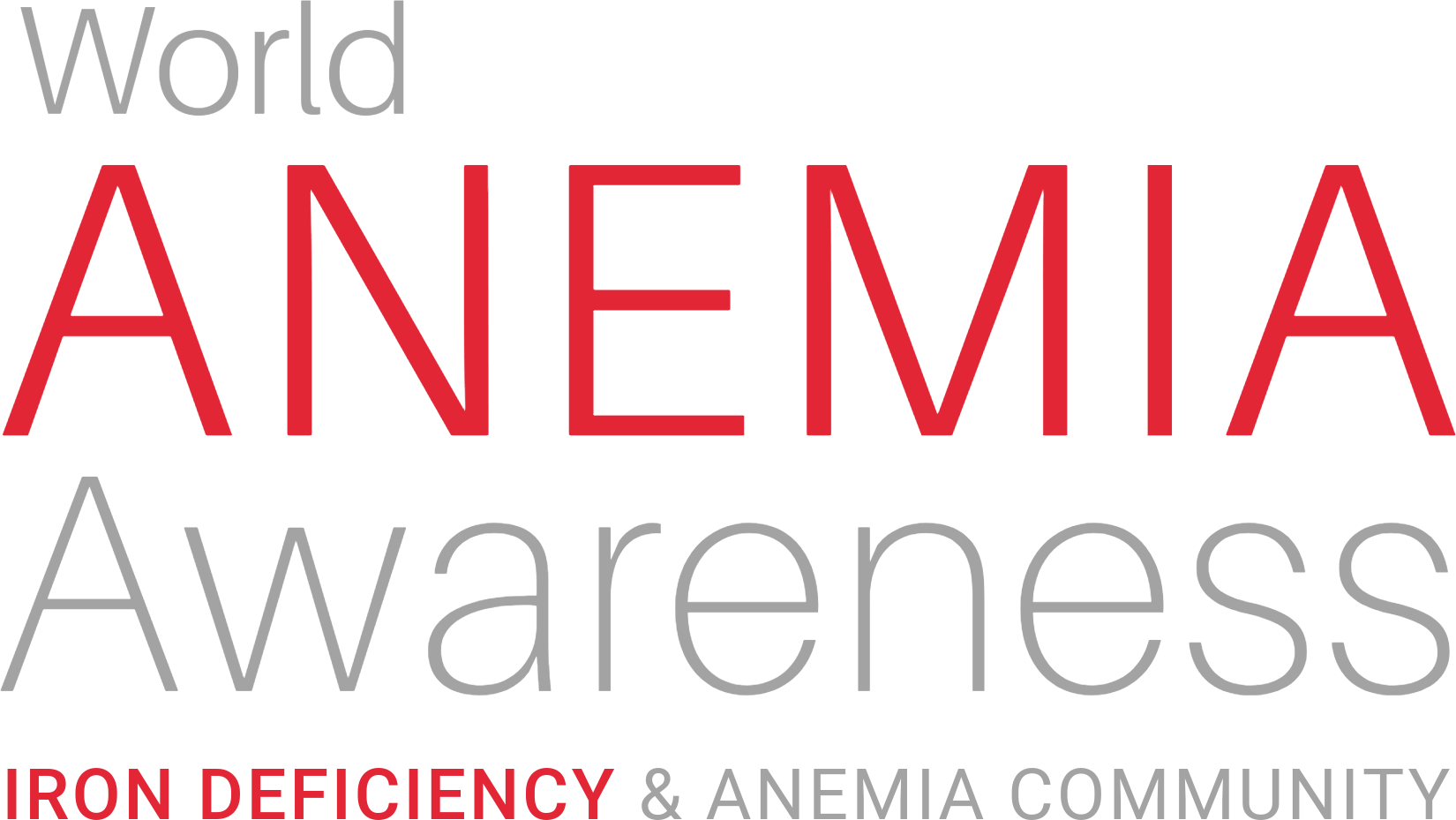Hidden Signs of Iron Deficiency You Shouldn't Ignore
Ever wondered if you might be low on iron? It’s actually really common and affects a lot of people, but the SYMPTOMS CAN BE EASY TO MISS or mixed up with other things. Let’s chat about some hidden signs of iron deficiency you should keep an eye on. This way, you’ll know when it’s time to talk to your doctor.
6 SIGNS TO WATCH OUT FOR
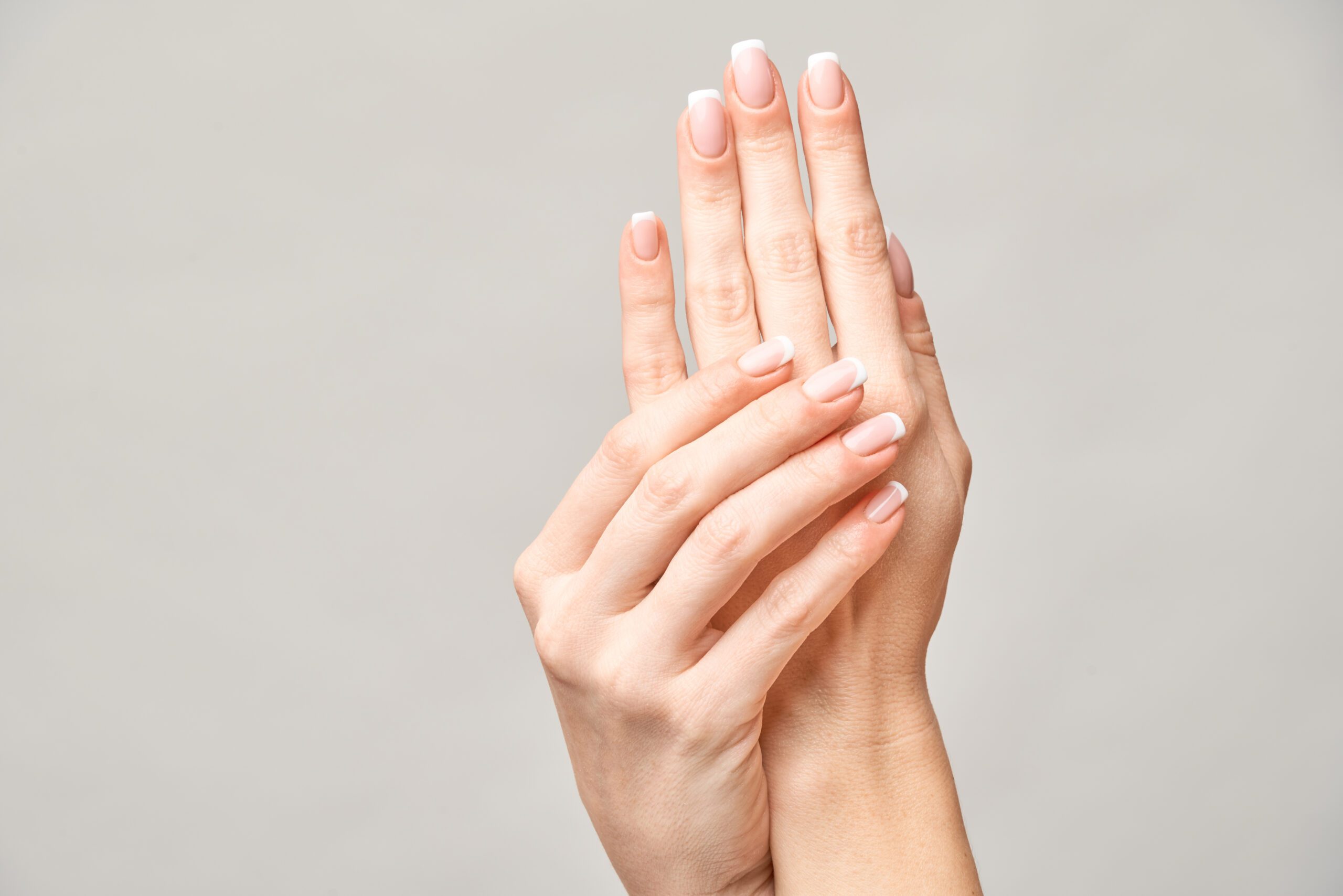
Nail Issues
If your nails crack or split easily, it might be due to low iron. iron helps keep your nails strong.
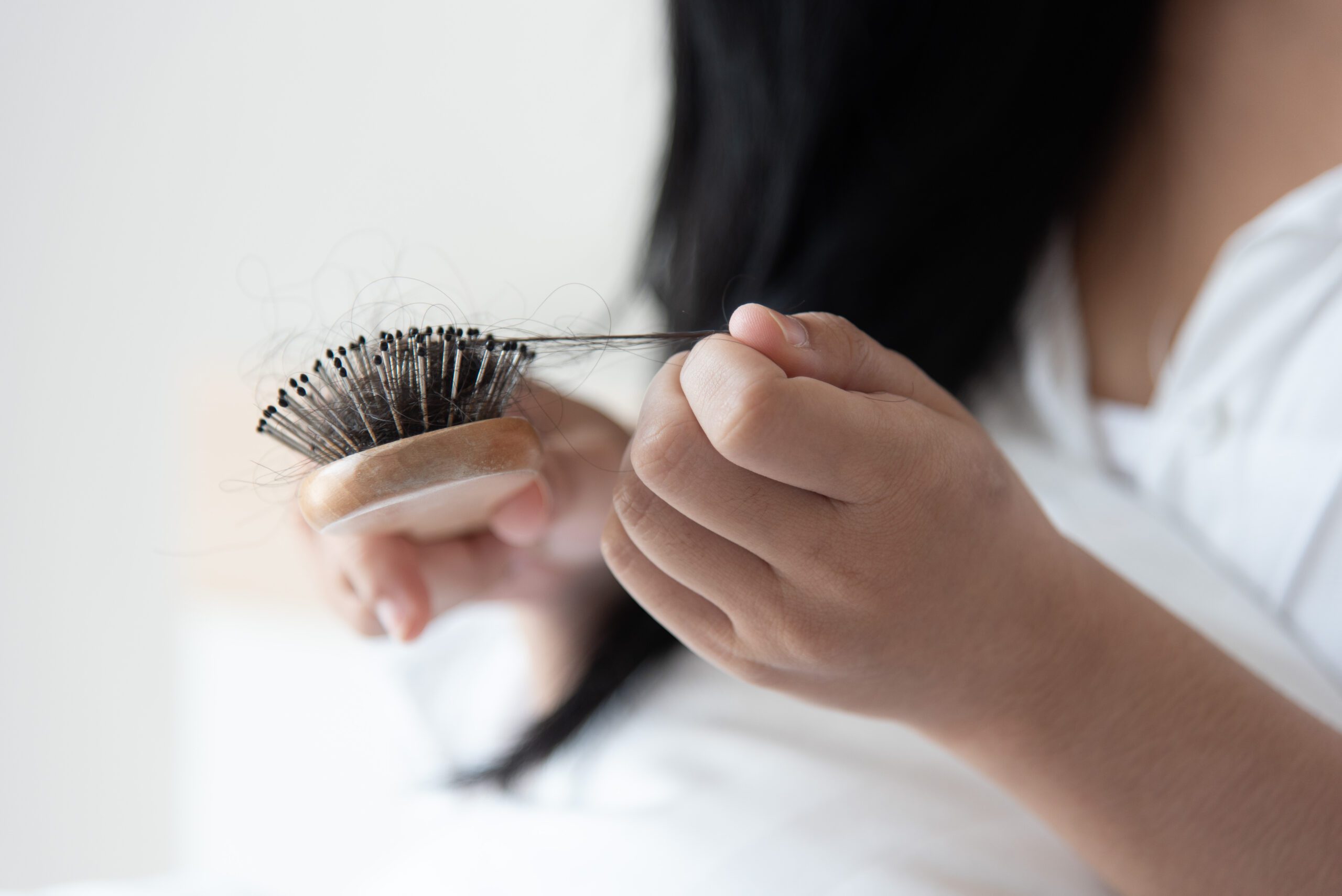
Hair Loss
Losing more hair than usual? Low iron can affect oxygen delivery to your hair, causing it to fall out.

Unusual Cravings
Craving things like ice, dirt, or chalk? This could be a sign of iron deficiency.

Fatigue
Feeling tired all the time? Iron deficiency can cause a deep exhaustion that doesn’t go away with rest.
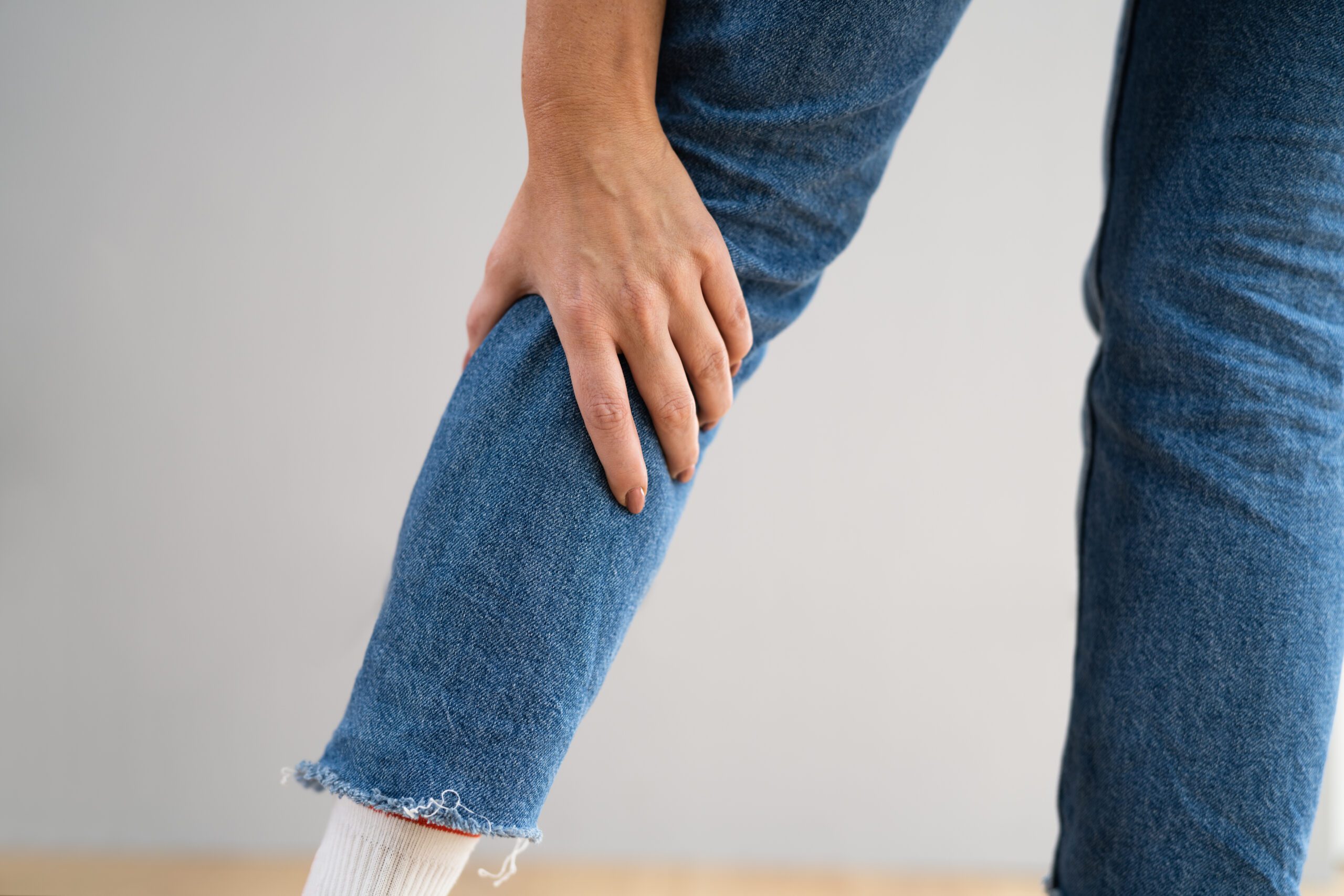
Restless Legs
Feeling like you always need to move your legs, especially at night? Low iron might be the cause.
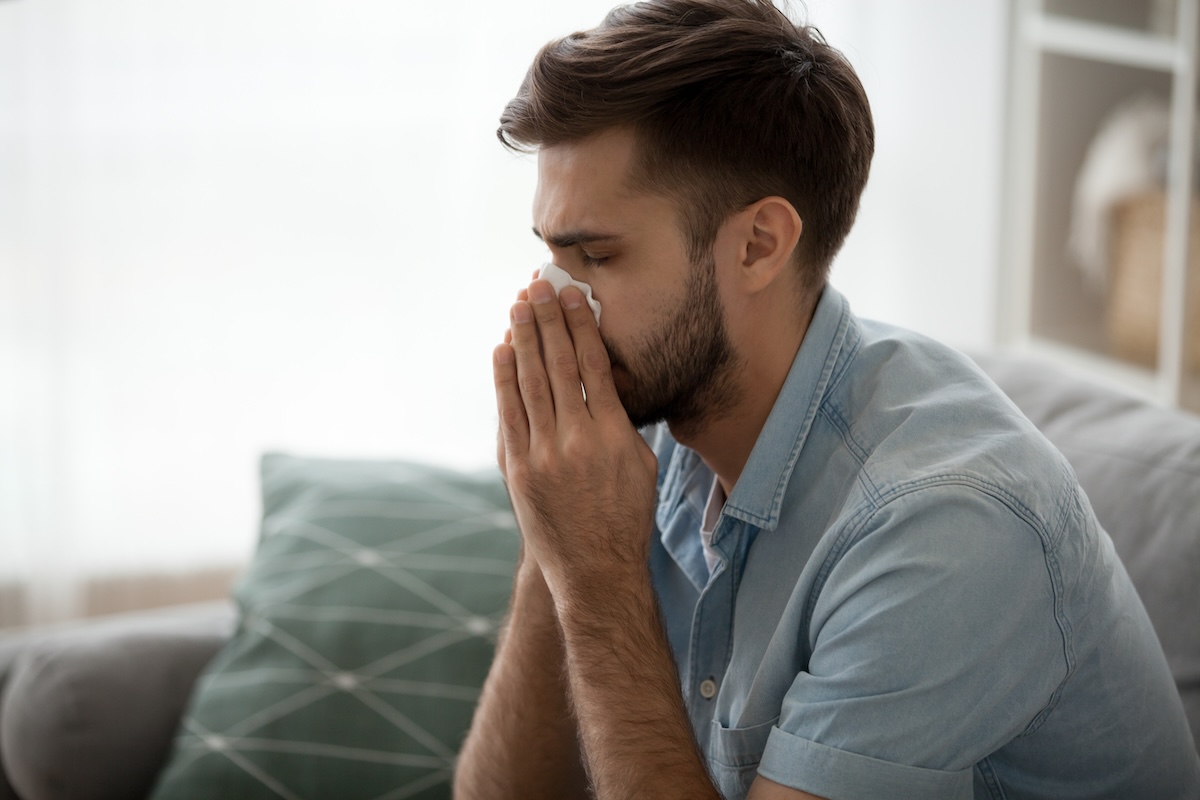
Getting Sick Often
If you’re falling sick more than usual, it could be because low iron is affecting your immune system.
Medical Terms Explained Simply
HEMOGLOBIN
This is like a delivery service for oxygen in your blood, carrying it all over your body
FERRITIN
Think of this as your iron savings account, storing iron in your body.
TRANSFERRIN SATURATION
This shows how well your body is transporting iron, kind of like tracking how efficiently your iron delivery system is working.
KERATIN
This protein is the building blocks for strong hair and nails.

1. Nail Issues

2. Hair Loss

3. Unusual Cravings

4. Fatigue

5. Restless Legs

6. Getting Sick Often
Medical Terms Explained Simply
HEMOGLOBIN
This is like a delivery service for oxygen in your blood, carrying it all over your body
FERRITIN
Think of this as your iron savings account, storing iron in your body.
TRANSFERRIN SATURATION
This shows how well your body is transporting iron, kind of like tracking how efficiently your iron delivery system is working.
KERATIN
This protein is the building blocks for strong hair and nails.
Iron Deficiency Testing: What You Need to Know
Talk to Your Doctor
If you notice symptoms of iron deficiency, talk to your doctor. They might suggest a blood test to check your iron levels.
Blood Tests to Expect
You might get tests like a complete blood count (CBC), serum ferritin, and transferrin saturation to see how your iron is doing.
Track Your Diet
Look at how much iron-rich food you’re eating, like lean meats, spinach, beans, and fortified cereals. Also, make sure you’re getting enough vitamin C to help absorb iron.
Consider Risk Factors
Some are more at risk than others
Periods
Pregnancy
Vegetarians
There has been lots of research on the impact of vegetarian or vegan diets.
Pro tip: if you’re finding it hard to navigate long research studies like the link above, just take a look at the Abstract at the beginning to see and overview and then skip down to the Conclusion. If it seems like you need to explore more, you could share it with your doctor and ask if you might be at risk.
Chronic Illness
People with chronic illnesses like celiac disease or inflammatory bowel disease
Find out more from the Celiac disease foundation: Women’s Health & Celiac Disease

Periods

Pregnancy

Vegetarian
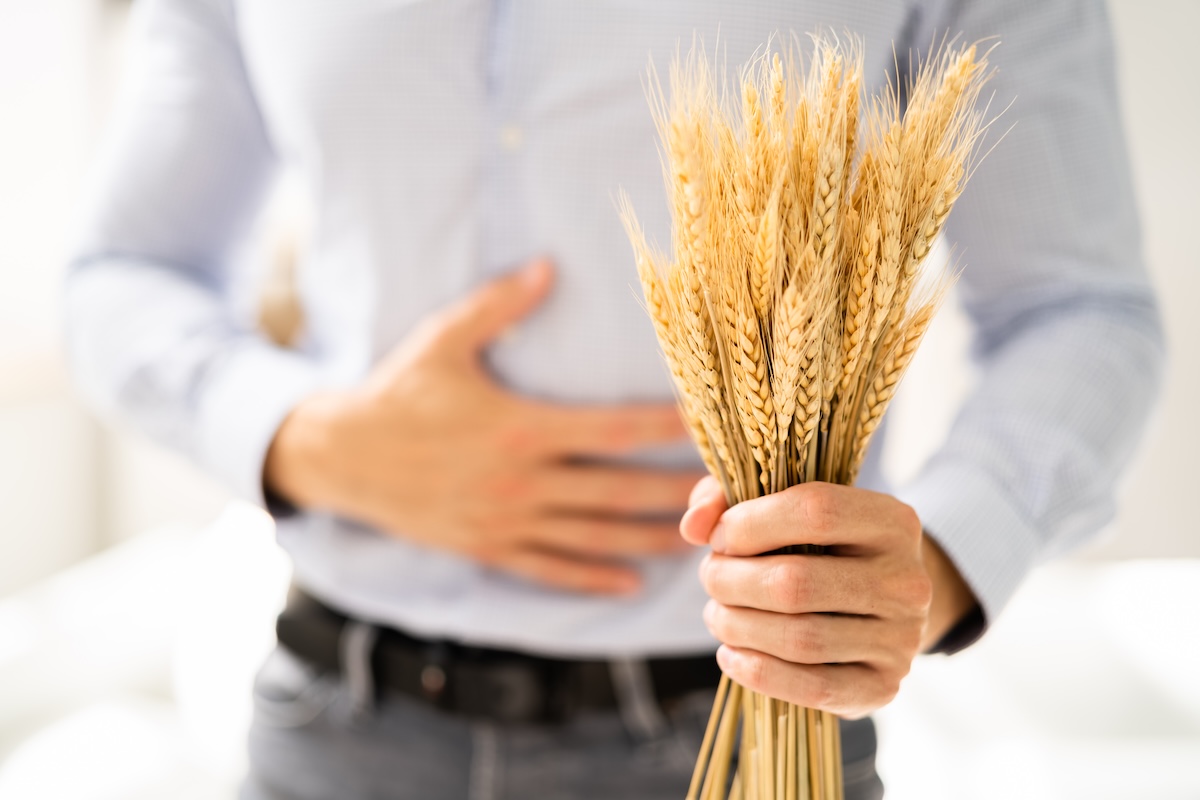
Chronic Illness
PRO TIP
If you’re finding it hard to navigate long research studies or papers like in the links above, just take a look at the “Abstract” at the beginning to see an overview and then skip down to the “Conclusion”. If it seems like you need to explore more, you could share it with your doctor and ask if you might be at risk.
Why It's Important to Recognise Iron Deficiency Symptoms Early
Ignoring these signs can lead to more serious problems like iron-deficiency anemia, which can greatly affect your life. CATCHING IT EARLY allows for changes in diet or supplements to prevent issues later on.
FINAL THOUGHTS
Iron deficiency can show up in surprising ways, but knowing what to look for is YOUR BEST DEFENCE. If you notice things like brittle nails, hair loss, or odd cravings, it’s important to talk to a doctor. A QUICK BLOOD TEST might help boost your energy, immune system, and overall health.
Look out for our next blog on the first ever Global Anemiathon.
